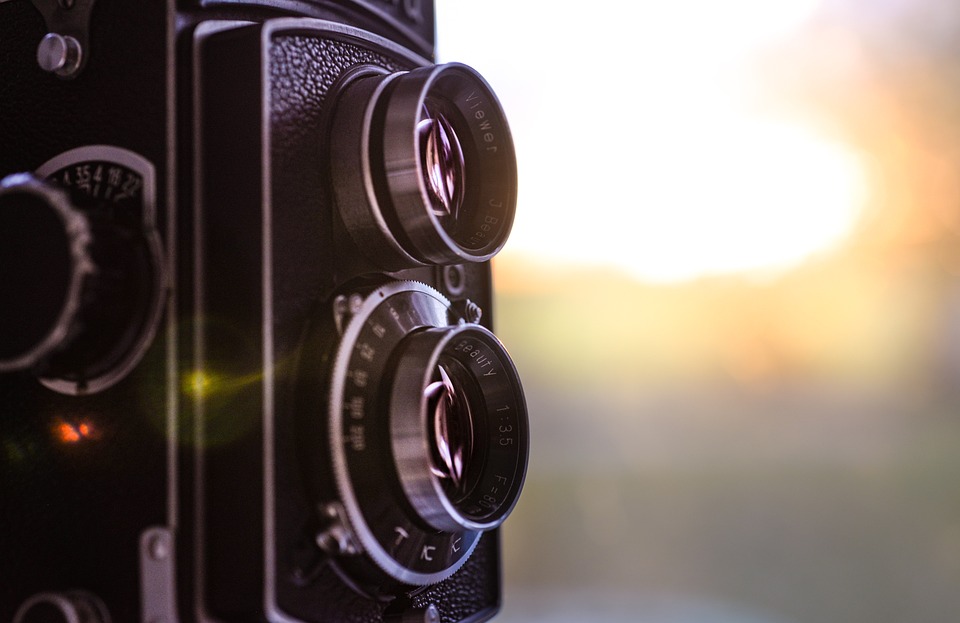Strategies for Effective Jury Selection in Criminal Cases
When it comes to criminal trials, jury selection is a critical part of the process. The jurors selected can have a significant impact on the outcome of the case, as they will be responsible for determining the defendant’s guilt or innocence. Effective jury selection involves carefully choosing jurors who are fair, impartial, and capable of making an objective decision based on the evidence presented.
Understanding the Importance of Jury Selection
Jury selection is a crucial aspect of a criminal trial because the jurors ultimately determine the outcome of the case. The goal of the defense and prosecution during jury selection is to choose jurors who will be open-minded, fair, and able to evaluate the evidence without bias. The process involves questioning potential jurors to uncover any biases or preconceived notions that could impact their ability to be objective.
Strategies for Effective Jury Selection
There are several strategies that attorneys can use to select a favorable jury for their client in a criminal trial. These strategies are designed to help identify and eliminate jurors who may be biased or unable to be impartial. Some key strategies for effective jury selection include:
1. Voir Dire Questioning: Voir dire is the process of questioning potential jurors to determine any biases or prejudices they may hold. Attorneys can ask questions to uncover potential biases that could impact a juror’s ability to be impartial. It is essential to ask open-ended questions to allow jurors to express their thoughts and feelings honestly.
2. Background Checks: Attorneys can conduct background checks on potential jurors to uncover any potential biases or conflicts of interest. This could include looking into social media profiles, past criminal records, or any connections to the case that could impact their impartiality.
3. Utilizing Peremptory Challenges: Attorneys are typically granted a limited number of peremptory challenges, which allow them to dismiss potential jurors without having to provide a reason. This can be a strategic way to remove jurors who may be biased against their client without needing to justify their decision.
4. Establishing Juror Profiles: Attorneys can create profiles of the ideal juror for their case based on demographics, beliefs, and experiences. By understanding the type of juror that would be most favorable to their client, attorneys can focus on selecting potential jurors who fit that profile during voir dire.
5. Building Rapport: Building rapport with potential jurors during voir dire can help attorneys establish a connection and gain their trust. This can make jurors more open and honest in their responses, allowing attorneys to better understand their perspectives and biases.
6. Paying Attention to Nonverbal Cues: Nonverbal cues such as body language, facial expressions, and tone of voice can provide insights into a juror’s feelings and attitudes. Attorneys should pay attention to these cues during voir dire to better assess a juror’s impartiality.
Challenges of Jury Selection
Despite the strategies outlined above, jury selection can be a challenging and unpredictable process. There are several common challenges that attorneys may face during jury selection, including:
1. Limited Information: Attorneys are often limited in the amount of information they can gather about potential jurors. This can make it challenging to assess a juror’s biases and beliefs accurately.
2. Juror Deception: Some potential jurors may deliberately misrepresent their beliefs or biases during voir dire in an attempt to be selected for the jury. This can make it difficult for attorneys to identify biased jurors accurately.
3. Group Think: Jurors may be influenced by the attitudes and opinions of other jurors during deliberations, leading to biased decision-making. It can be challenging to identify jurors who may be susceptible to groupthink during jury selection.
4. Unconscious Bias: Jurors may hold unconscious biases that they are not aware of, which can impact their ability to be impartial. Attorneys must be vigilant in questioning potential jurors to uncover any implicit biases that could impact their decision-making.
Conclusion
In conclusion, effective jury selection is a critical component of a successful criminal trial. Attorneys must carefully select jurors who are fair, impartial, and capable of making an objective decision based on the evidence presented. By utilizing strategies such as voir dire questioning, background checks, and establishing juror profiles, attorneys can increase their chances of selecting a favorable jury for their client. Despite the challenges of jury selection, attorneys can navigate this process successfully by being thorough, strategic, and attentive to potential biases. Ultimately, the goal of jury selection is to ensure a fair and impartial trial for all parties involved in a criminal case.



